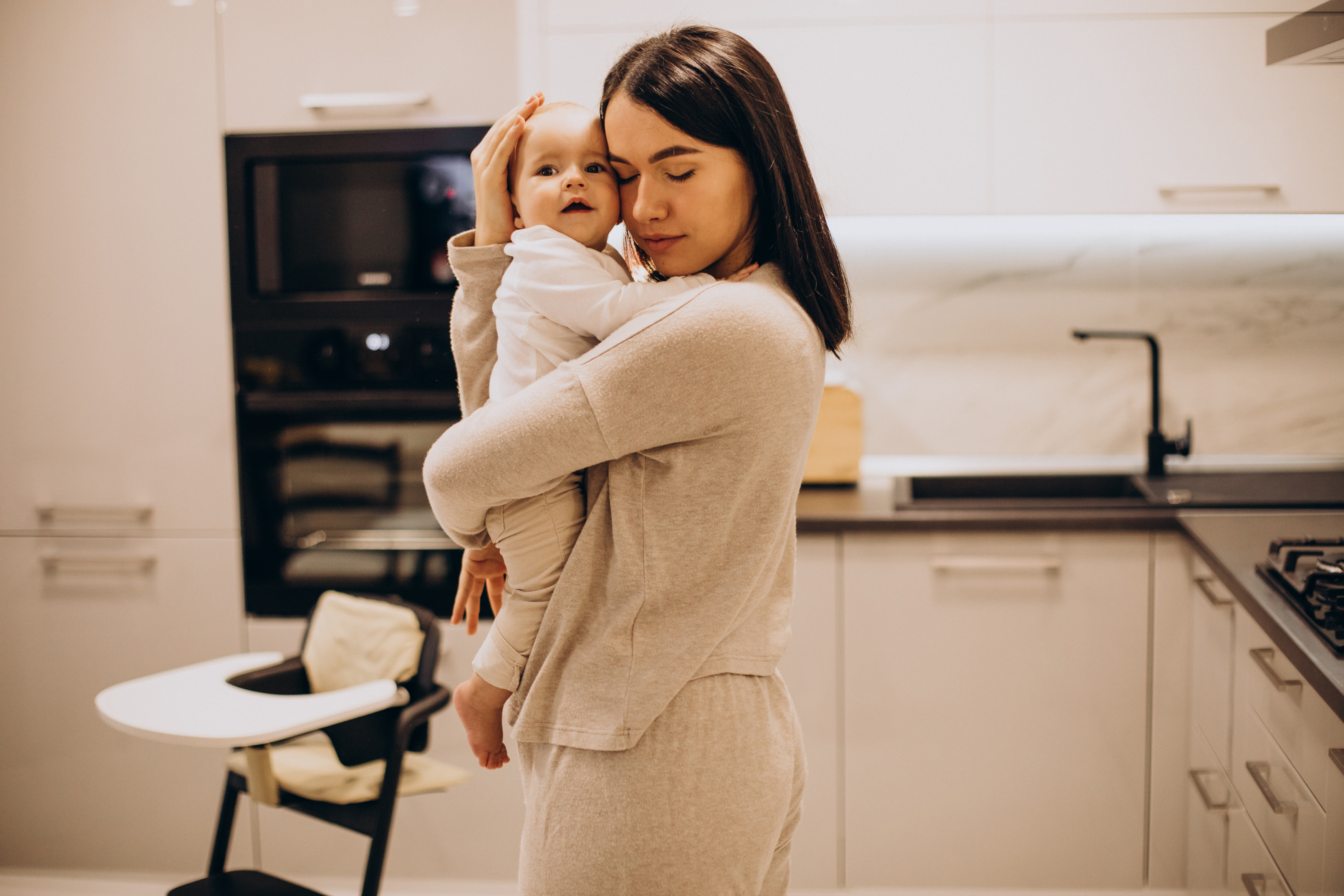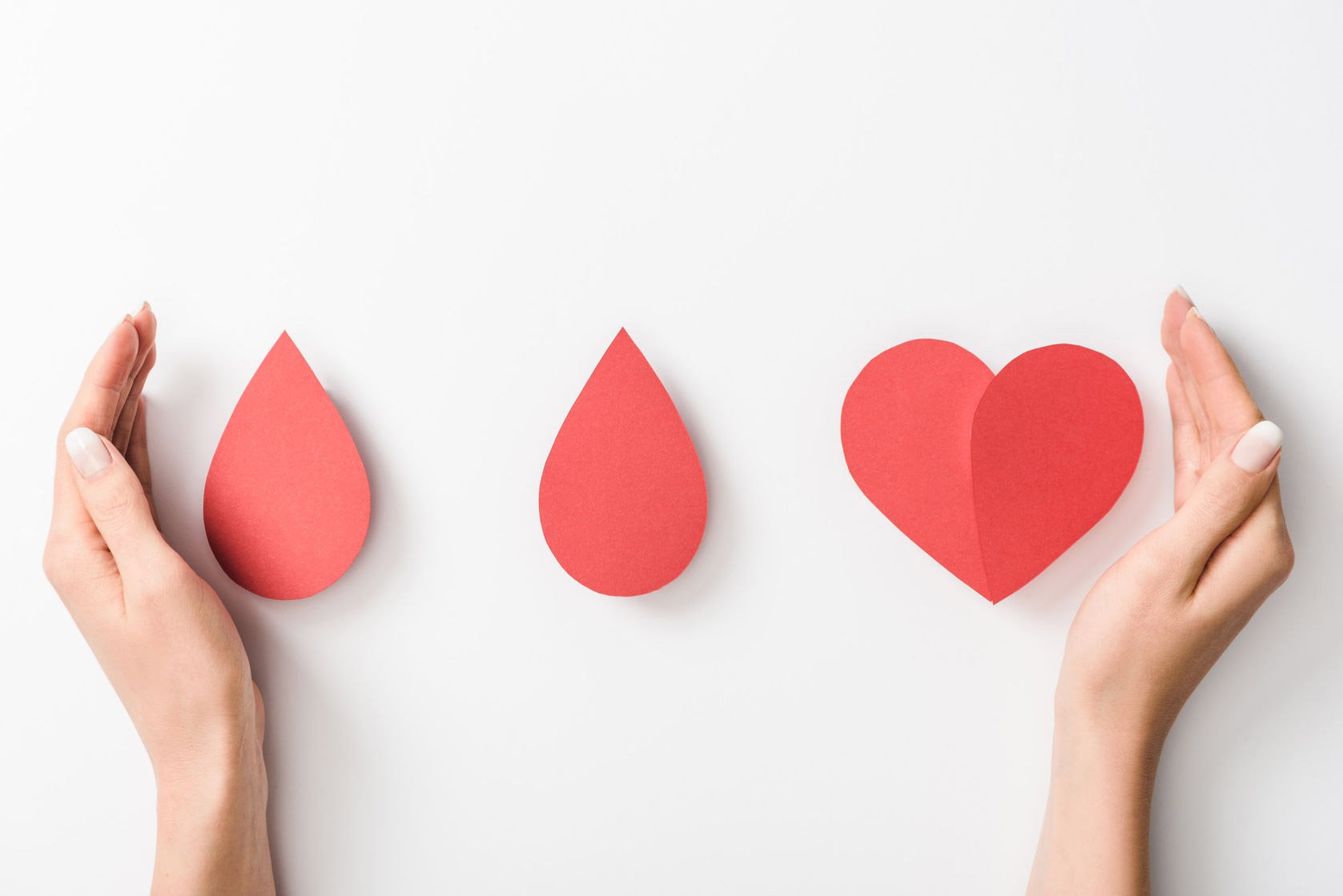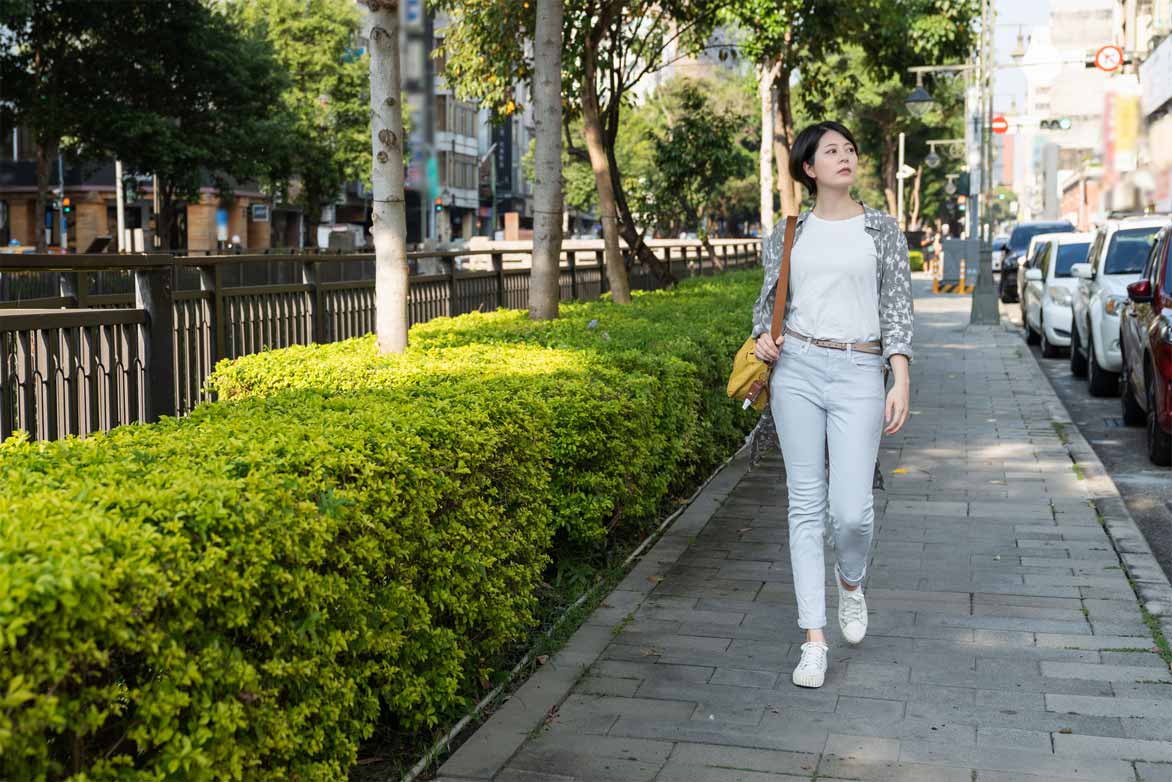Becoming Parent
Infant Parenting Tips.
22 Apr 2021

Infant Parenting Tips.
22 Apr 2021
Following are some things you, as a parent, can do to help your baby during this time:
- Talk to your baby. She will find your voice calming.
- Answer when your baby makes sounds by repeating the sounds and adding words. This will help him learn to use language.
- Read to your baby. This will help her develop and understand language and sounds.
- Sing to your baby and play music. This will help your baby develop a love for music and will help his brain development.
- Praise your baby and give her lots of loving attention.
- Spend time cuddling and holding your baby. This will help him feel cared for and secure.
- Play with your baby when she’s alert and relaxed. Watch your baby closely for signs of being tired or fussy so that she can take a break from playing.
- Distract your baby with toys and move him to safe areas when he starts moving and touching things that he shouldn’t touch.
- Take care of yourself physically, mentally, and emotionally. Parenting can be hard work! It is easier to enjoy your new baby and be a positive, loving parent when you are feeling good yourself.
Child Safety First
When a baby becomes part of your family, it is time to make sure that your home is a safe place. Look around your home for things that could be dangerous to your baby. As a parent, it is your job to ensure that you create a safe home for your baby. It also is important that you take the necessary steps to make sure that you are mentally and emotionally ready for your new baby. Here are a few tips to keep your baby safe:
- Do not shake your baby-ever! Babies have very weak neck muscles that are not yet able to support their heads. If you shake your baby, you can damage his brain or even cause his death.
- Make sure you always put your baby to sleep on her back to prevent sudden infant death syndrome (commonly known as SIDS).
- Protect your baby and family from secondhand smoke. Do not allow anyone to smoke in your home.
- Place your baby in a rear-facing car seat in the back seat while he is riding in a car. Don’t allow your baby to play with anything that might cover her face.
- Never carry hot liquids or foods near your baby or while holding him.
- Vaccines (shots) are important to protect your child’s health and safety. Because children can get serious diseases, it is important that your child get the right shots at the right time. Talk with your child’s doctor to make sure that your child is up-to-date on her vaccinations.
Source: cdc.gov








